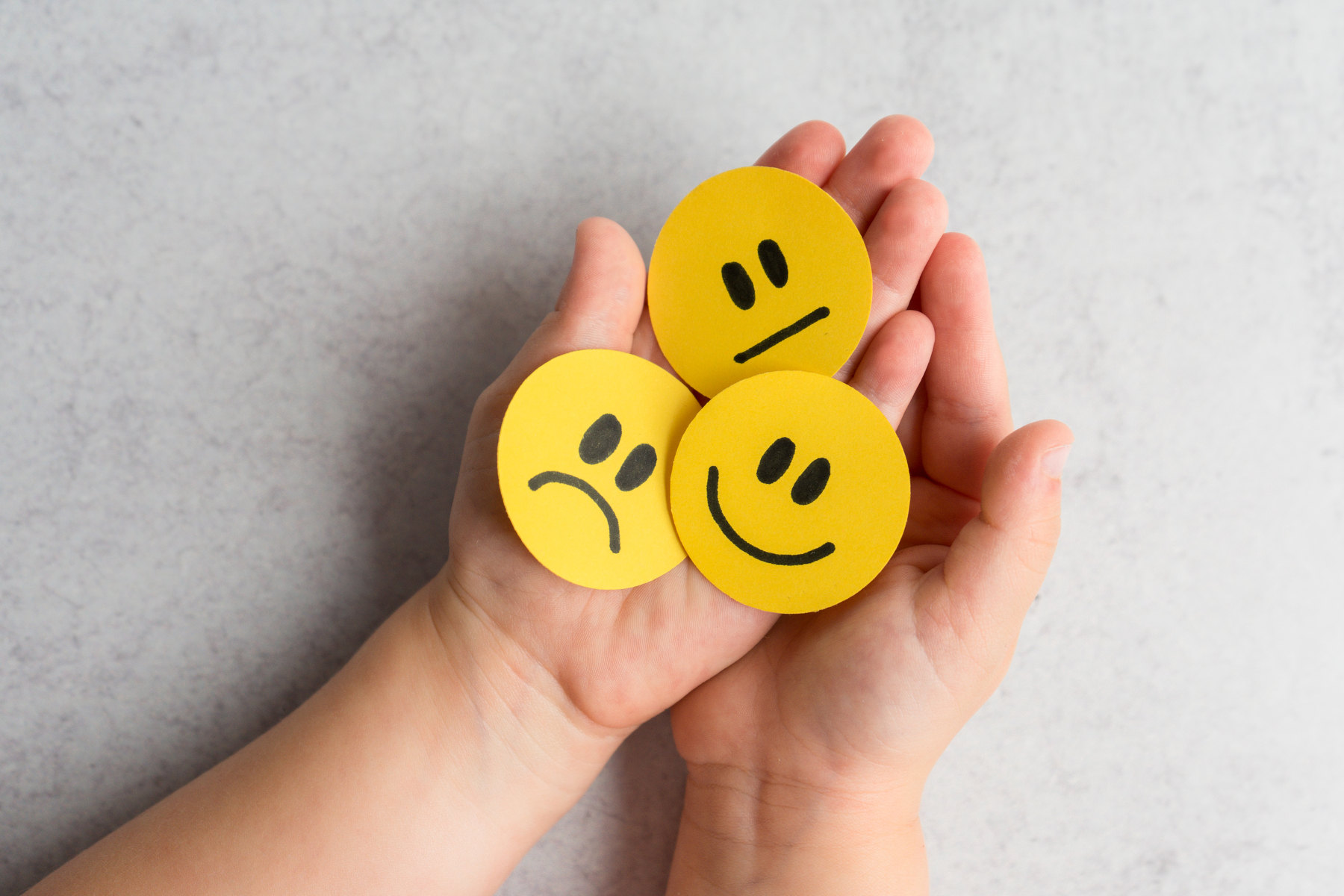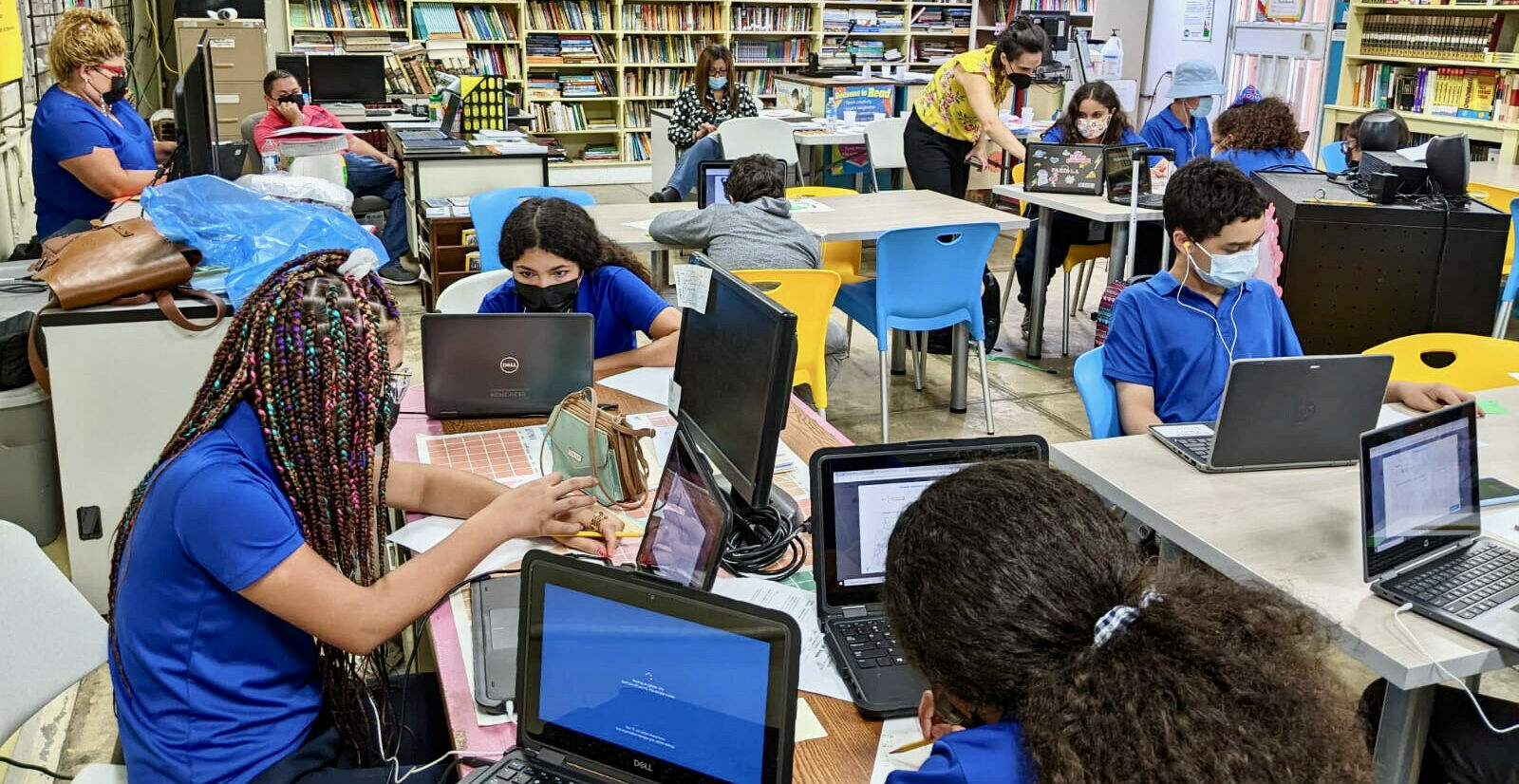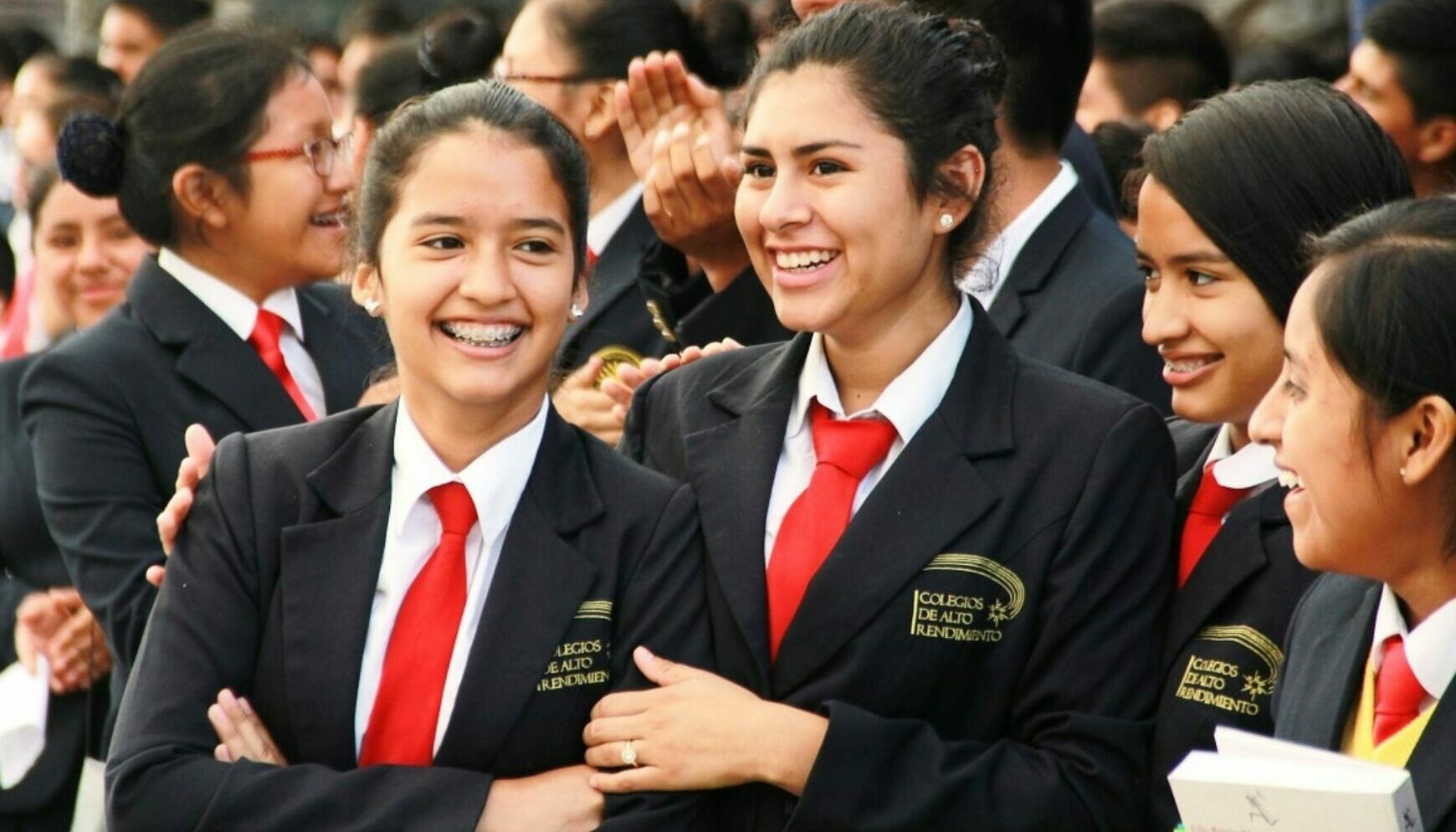
Changing the Conversation about Social Skills in Peru
Investigating the impact of teenage peer interactions on how students develop social and academic skills
There is increasing recognition of the importance of social skills in the workplace. As employers seek socially competent workers, recent research highlights the role of social skills in professional success. From early in life, social interactions forge individual approaches to connecting with others and shape future social skills. This idea inspired FOS Affiliate Román Andrés Zárate, MineduLAB (an innovation laboratory for cost-effective education policy at the Ministry of Education of Peru), and the pedagogical team of this Ministry, to investigate: how do teenagers’ social interactions within schools contribute to improving their social skills for the future?
Zárate’s research took place in a government network of exam schools called Colegios de Alto Rendimiento (COAR). COAR schools in Peru are for students who excelled academically in middle school and are transitioning into high school. There is one COAR school in each region of the country. These are boarding schools where students stay in dormitories and spend three years honing their skills to get ready for university. Since students are away from their families during the school week, their schoolmates greatly influence how well they do socially and academically in these high-achieving schools, but how and to what extent? Or, as Román Andrés Zárate asked, how can school practices best support positive peer interaction for academic and social success?
“The project with Román involved an approach that illuminated social skills, how the new social networks emerge at COAR schools, and the development of students’ social skills might explain the uneven academic performance among students. His approach was novel because the Ministry of Education had not yet measured social skills, let alone explored the connection between social skills and students’ cognitive development. And it became the main question to be addressed by Román’s project.”
Vanessa Trujillo Lastra, Evaluation Specialist for Cost-Effective Innovations, MineduLAB.
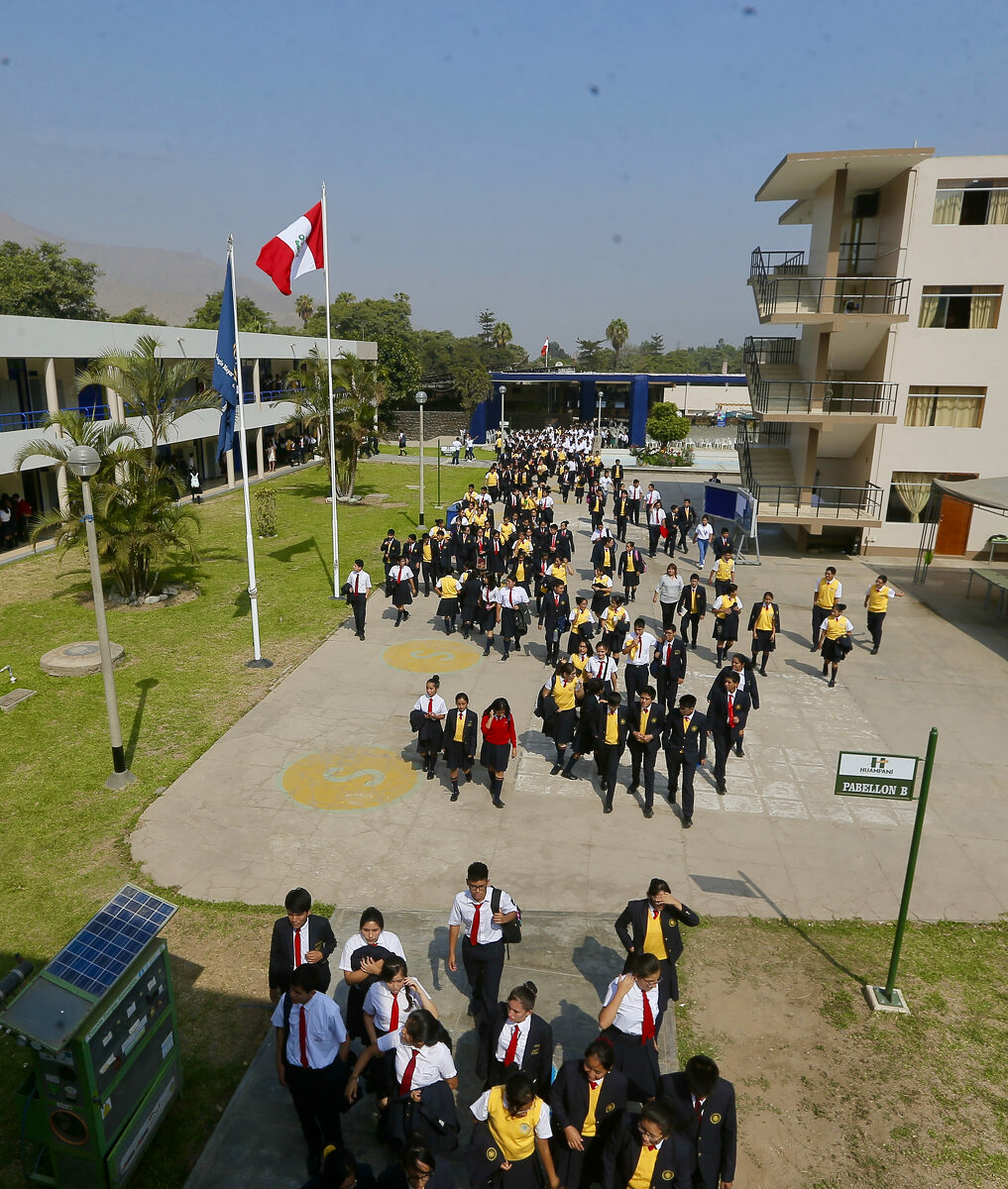
Peru - April, 2017: hundreds of students go to class at a high-performance school (COAR) in Lima.
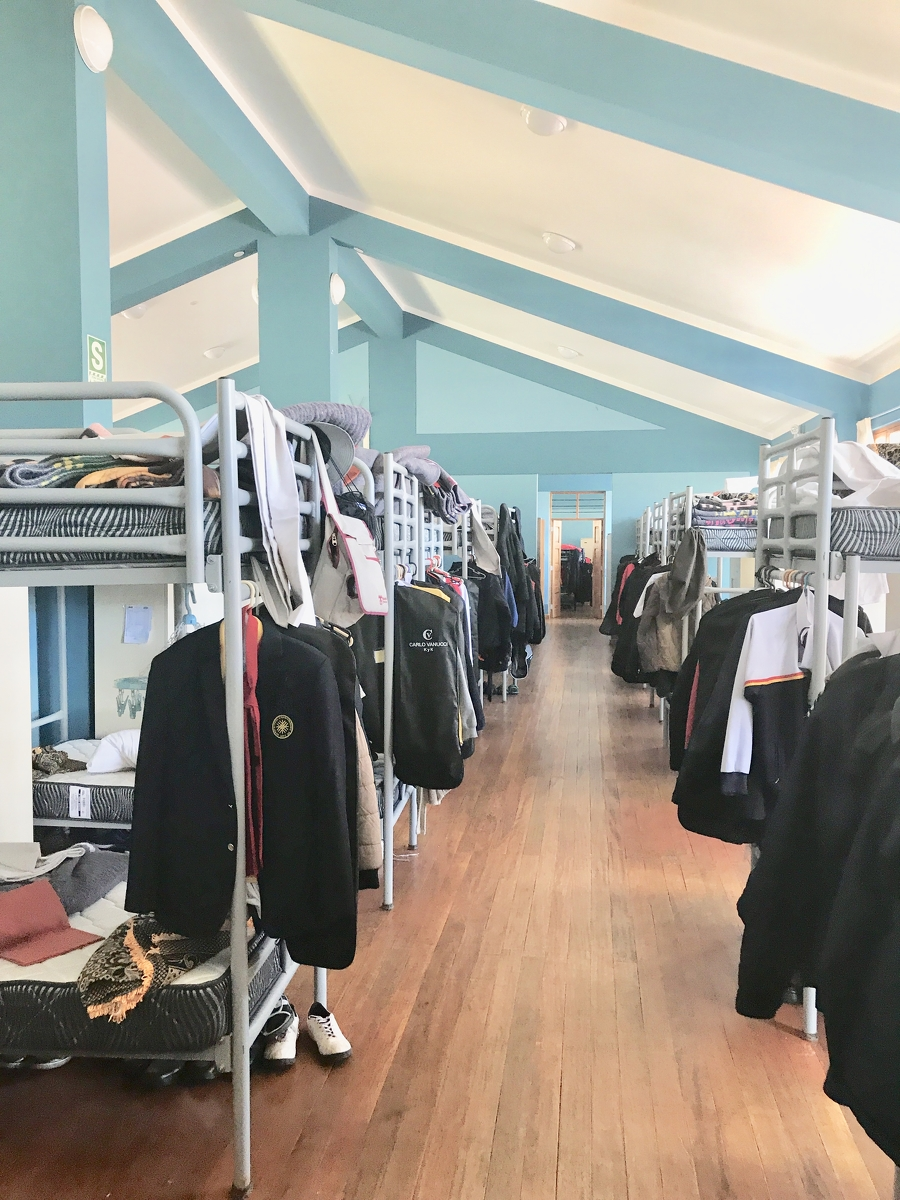
Peru - 2016: dormitory in a high-performance school (COAR) in Cusco.
This research found that peers can have different effects on how girls and boys learn new skills at school:
- Being closer to social peers helps boys to make more friends and improve their social skills. This is especially true for boys who aren’t that social to begin with. But for girls, being close to social peers doesn’t make a difference in their social skills.
- Less social boys who benefit from being close to social peers also do better in the future, Zárate found. They are less likely to quit school and more likely to enroll in better colleges.
- Being around more high-achieving peers doesn’t, on average, change how well lower-performing students do at school. However, this average result hides the fact that being close to higher-performing students negatively affects the academic performance of lower-achieving girls.
- Both results: the gains in social skills for the less social boys and the negative academic impact for lower-achieving girls, are explained by students’ levels of self-confidence when they’re around others. Boys who aren’t especially social feel confident when they hang out with more social friends, developing social skills. And girls who aren’t doing as well in school might feel less confident around high-achieving peers.
The study identifies the need for further research into teens’ confidence levels and testing interventions that support confidence-building during high school or earlier in life, particularly for girls. Zarate’s findings reveal that students’ lower self-confidence, more prevalent among girls, influences how teenagers acquire social and academic skills around very social or high-performing peers. These gender disparities favor boys, who seem to gain more from social interactions, leading to enhanced prospects of enrolling in better colleges and lower school dropouts.
Zárate and other researchers are currently studying the dynamics of both signaling mechanisms versus the added value of students’ skill sets as potential channels to admissions at better colleges. Other associated research projects all fall under a common thread: understanding the factors that facilitate students’ progression into higher education and how those factors equip them to transform their aspirations into tangible future opportunities.
Research Team

María Antonieta Alva
Head, Planning and Budget Unit, Ministry of Education of Peru (formerly)

Paola Encalada
Analyst, Planning and Budget Unit, Ministry of Education of Peru (formerly)

Karen Espinoza Iglesias
Evaluation Coordinator for Cost-Effective Innovations, MineduLAB

Cinthia Wicht
Coordinator, Ministry of Education of Peru (formerly)

Román Andrés Zárate
Assistant Professor, Department of Economics, University of Toronto
Associated Policy Partners


